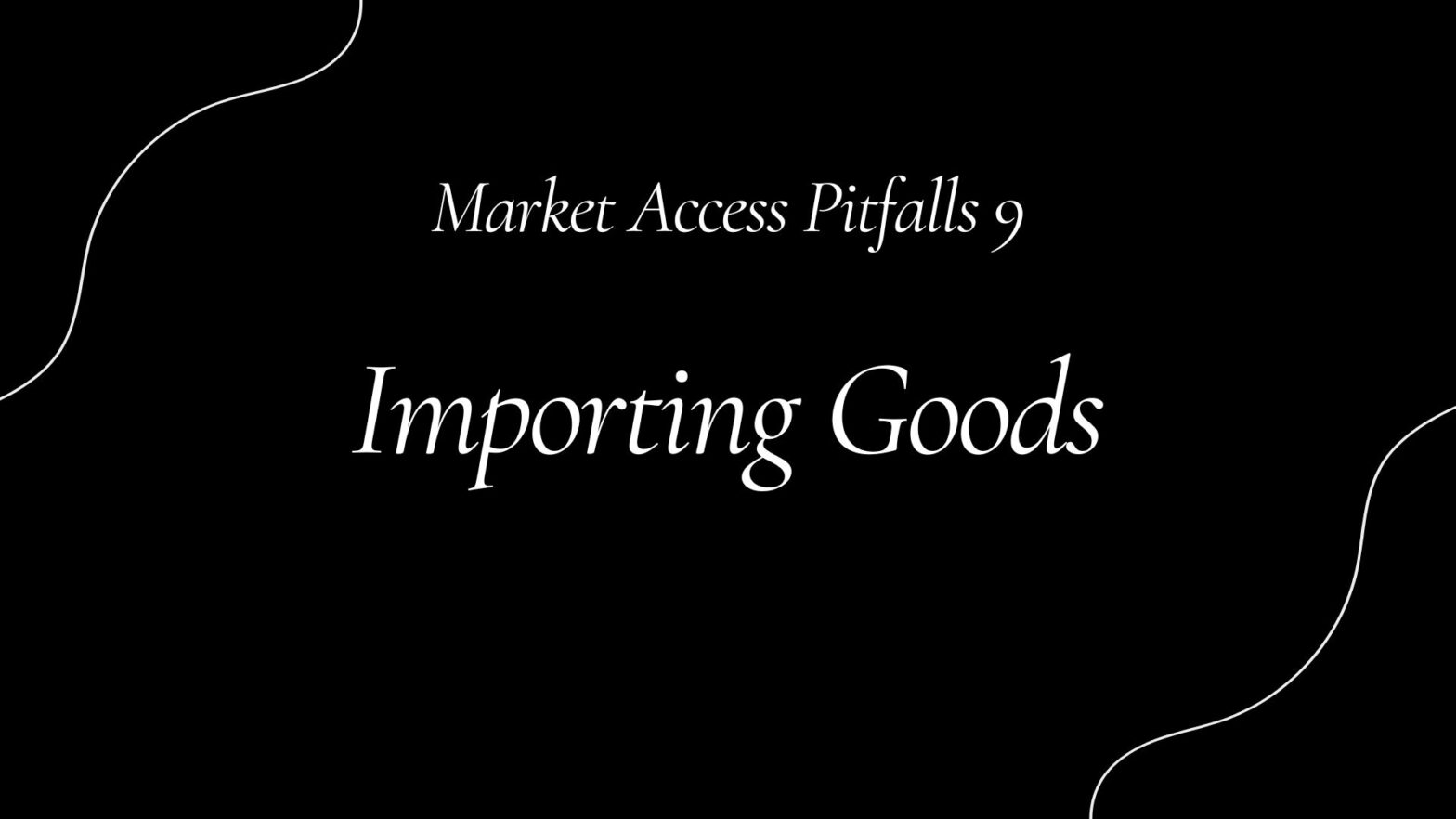„Importing“ in this article refers to the process of bringing goods into Germany/ the EU.
The process of moving goods across international borders was an aspect that I felt most of my clients did not understand very well. Some seemed to never have considered it at all, others thought it wouldn’t require any admin. „I’ll just send by Canada Post“ and „It’s easy, DHL offers door-to-door service,“ they would tell me, not realizing that even for a small parcel shipped internationally via postal service, paperwork is required.
Why Do You Need to Think About Importing?
During my time at the Trade Commissioner Service, I heard of exactly one case where the German retailer took possession of goods in the country of production. My guess is that the company does this because they can negotiate better shipping rates by bundling goods from numerous suppliers, than if their suppliers ship individually.
All the German retail buyers I ever talked to, and most definitely all the e-commerce marketplaces, expect their suppliers to deliver goods to their German/ EU warehouses. They will not help you do this, it is entirely your own responsibility – and if you fail to deliver, they will probably set their lawyers on you for breach of contract. They will definitely drop you as a supplier.
That’s why you need to consider this issue very carefully.
What’s the Big Deal with Importing?
The big deal is that importing goods into the EU requires a lot of paperwork. It will take you some time to get all the necessary registrations and documents together.
The customs forms for Germany require you to indicate, among other things, an Importer of Record. Sounds easy, but isn’t. The Importer of Record is responsible for the product’s regulatory compliance. Your German retailer is not going to want to take this role. Amazon is definitely not going to take it, either.
The customs specialist at the local Chamber of Commerce told me it is basically impossible to bring goods into Germany unless you have a local importer (a distributor or other commercial partner) or your own entity in Germany.
Problem:
- It is becoming virtually impossible in many industries to find a distributor. One exception is food & beverages, where you must have an EU-based importer – no D2C sales allowed!
- No, you cannot just get a service provider who will sign the papers for you. One of my clients did for a while, but I don’t think it was entirely legal, and he certainly paid through the nose for it.
- Setting up your own entity also takes a long time.
The good news is that even if your customer/ final destination is in Germany, you do not have to bring your goods into the country directly. Other countries have different rules; e.g. the Netherlands might be an option. Thanks to the EU Customs Union, your goods only have to clear customs once – once they are in the Customs Union territory, you can move them around without further customs procedures. Obviously, once they leave the Customs Union territory, the fun begins again.
The Arrangements are Time-Consuming
Depending on which route you choose, you may have to apply for a VAT ID number and an EORI number. These will most likely take several weeks to issue.
If you decide to set up an entity in Germany to help with the admin, that, too, will take time (weeks if not months) and money.
Don’t take this lightly. I had several clients who were about to ship, in one case a multi-million dollar contract with a deadline just a few weeks away, and who discovered they couldn’t just drop off some boxes at the post office. I was able to direct them to resources who would be able to help them, but it took extra time and money, not to mention the stress.
Importing Goods Via the UK
Using the UK as a European springboard may sound attractive. Just remember that the UK is no longer part of the European Union. It has also left the EU Customs Union. You will therefore have to complete two customs procedures: one to bring your goods into the UK, and another to move them from the UK into the EU. Depending on whether or not your country has a free-trade agreement (FTA) with the UK, you might have to pay customs duties twice.
The strategic decision is yours to make, and depending on where you are doing most of your business, basing yourself in the UK may make perfect sense. I just want to mention I had a few clients who were very unconcerned about Brexit and how it was going to affect their operations and EU business – and who very quickly changed their mind once Brexit went into effect.

2 Kommentare